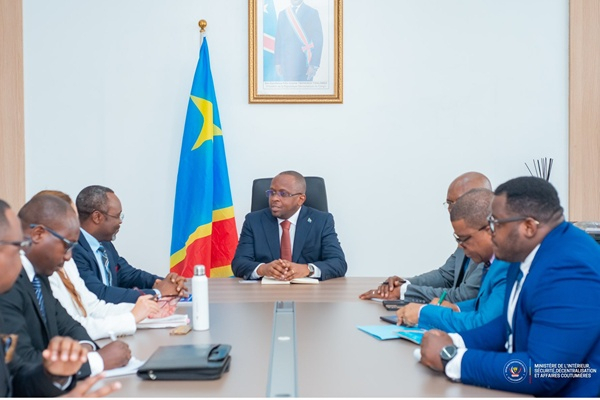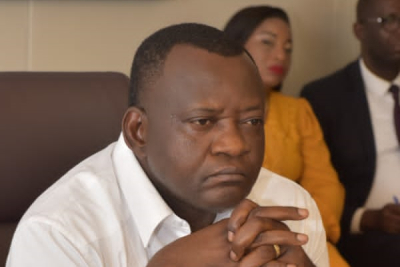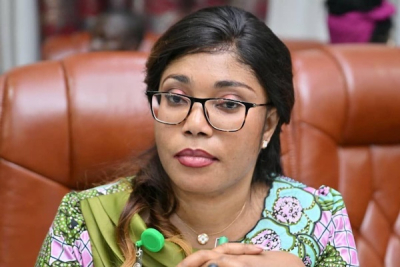On September 16, 2024, the World Bank announced a $200 million funding commitment for climate risk prevention and management in the Democratic Republic of Congo (DRC). This financing was yielded by a 2022 partnership agreement to help the country fight climate better. The deal is valid until 2026.
According to the Congolese Ministry of Interior, the funds will be managed by the World Bank and used to support the country's National Adaptation Plan (PNA). This plan includes installing early warning systems to prevent future disasters and rebuilding damaged infrastructure.
World Bank Country Director Albert Zeufack emphasized the need for preventive investments, noting that the DRC faces increasing risks from climate hazards like flooding, soil erosion, and drought. In late 2023 and early 2024, extreme rainfall affected 18 of the 26 provinces, leading to record levels of the Congo River. UNICEF reported over 300 deaths and two million displaced people due to floods that destroyed nearly 100,000 homes, 1,325 schools, and 267 health centers.
However, the $200 million from the World Bank may not be enough for the DRC to effectively address climate risks. The country ranks fifth globally in exposure to climate change and has very low adaptive capacity. To meet its goal of reducing greenhouse gas emissions by 21% by 2030, the DRC can only fund 2% of what is needed; the rest relies on external support.
Overall, Africa needs $331 billion for adaptation measures by 2030, according to the State and Trends in Adaptation in Africa Report 2021 How Adaptation Can Make Africa Safer, Greener and More Prosperous in a Warming World.
OS










